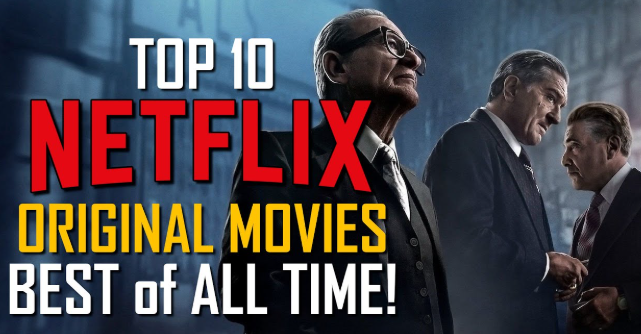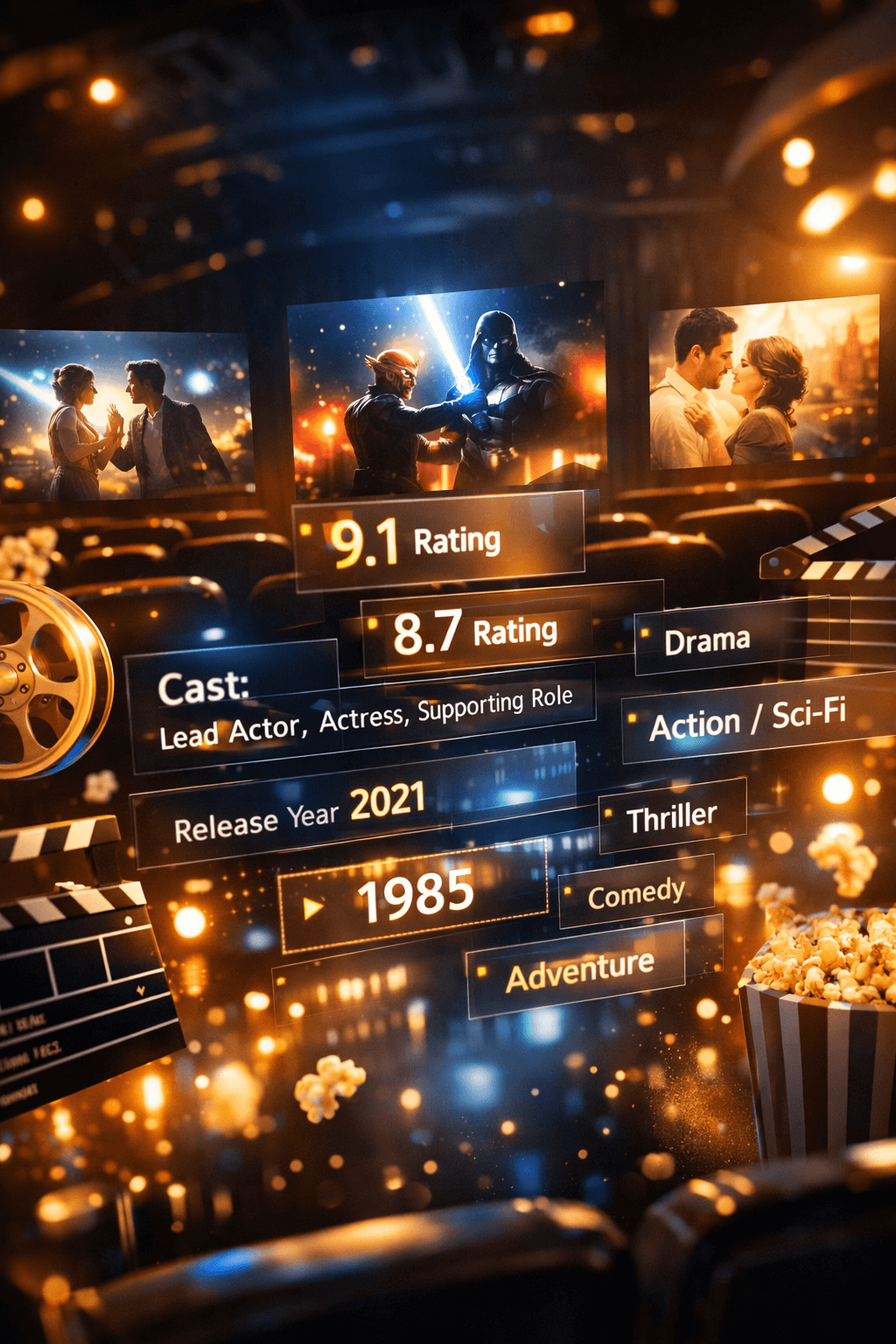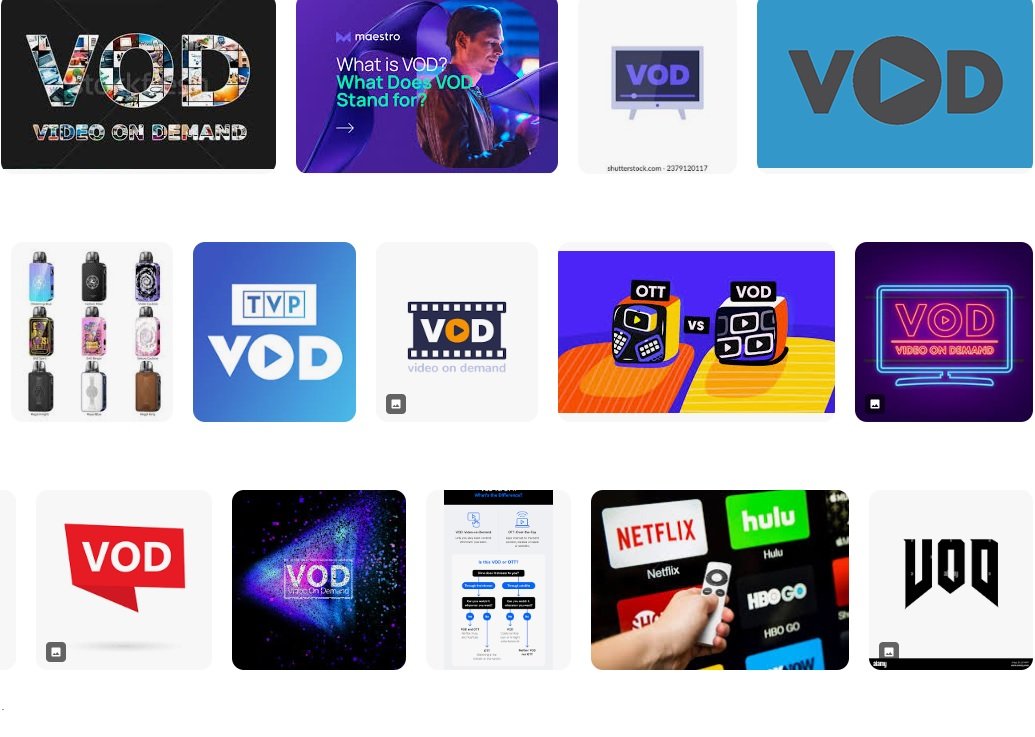How athletes become superstars?
The world of sports has always been a form of entertainment, but in recent years, it has become something more. Athletes have transcended their roles on the field to become global superstars with lucrative endorsement deals, reality TV shows, and social media followings. Sports and entertainment have become increasingly intertwined, creating a new breed of celebrity that is both an athlete and an entertainer. In this article, we will explore the intersection of sports and entertainment and the impact it has had on the world of sports.
The Evolution of Sports Entertainment:
Sports entertainment is not a new concept. In fact, it has been around for over a century, with events like the Olympics and the World Cup drawing huge crowds and capturing the world’s attention. However, the relationship between sports and entertainment has evolved over time, with athletes becoming more than just competitors on the field.
In the 1970s, Muhammad Ali became the first athlete to use his platform to transcend his sport, speaking out against racial inequality and social injustice. He became a cultural icon, using his influence to bring attention to important issues beyond the boxing ring.

In the 1980s, athletes like Magic Johnson and Michael Jordan became household names, using their on-court success to launch lucrative endorsement deals and build their personal brands. These athletes were more than just talented competitors; they were celebrities in their own right, with fans who idolized them both on and off the court.
The 1990s saw the rise of sports media, with ESPN and other sports networks broadcasting games and providing in-depth coverage of athletes’ personal lives. This allowed fans to feel like they knew their favorite athletes on a personal level, creating a deeper connection between the two worlds.
The 2000s saw the rise of reality TV shows featuring athletes, such as “The Bachelor” star Jesse Palmer, who played football for the New York Giants before becoming a reality TV personality. These shows allowed fans to see a different side of their favorite athletes, showcasing their personalities and personal lives beyond the game.
 The Impact of Social Media:
The Impact of Social Media:
The rise of social media has had a profound impact on the relationship between sports and entertainment. Athletes can now interact directly with fans, building personal brands and creating a new kind of celebrity. Social media has also allowed athletes to showcase their interests and personalities beyond the game, creating a more relatable image for fans.
This has led to a shift in the way athletes are marketed. Rather than just being seen as talented competitors, they are now viewed as multi-dimensional individuals with a range of interests and talents. Brands are no longer just interested in athletes who can sell their products; they want athletes who can create an emotional connection with consumers.
Sports Games: A Fun Way to Get Fit and Competitive
The Role of Endorsements:
Endorsement deals have always been a part of sports entertainment, but in recent years, they have become bigger and more lucrative than ever before. Athletes like LeBron James and Tiger Woods have earned millions of dollars from endorsement deals with brands like Nike and Gatorade, becoming some of the most recognizable faces in the world.
Endorsement deals are no longer just about selling products; they are about creating a personal connection between the athlete and the brand. Brands want to be associated with athletes who have a strong personal brand and a loyal following, as this creates a more authentic and effective marketing message.
The Future of Sports Entertainment:
The intersection of sports and entertainment shows no signs of slowing down. As technology continues to evolve, athletes will have even more ways to connect with fans and build their personal brands. Virtual reality and augmented reality experiences could provide fans with immersive experiences that bring them even closer to the action.
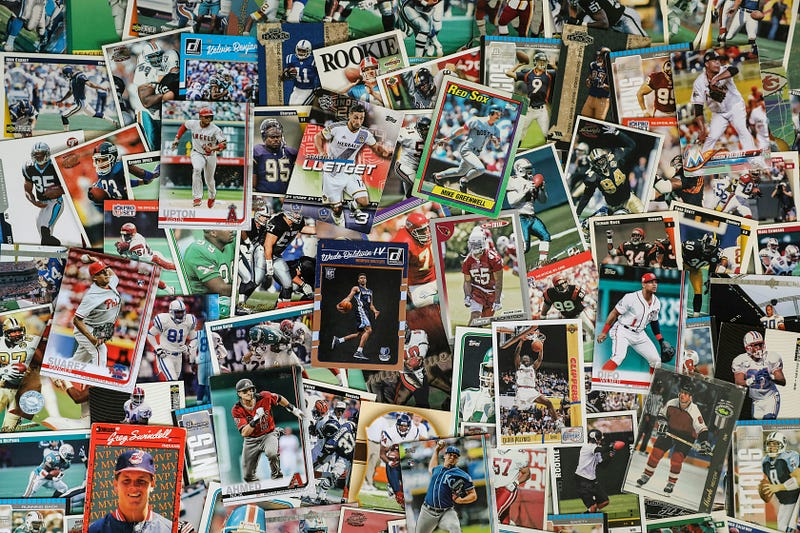
As sports and entertainment become even more intertwined, we may also see changes in the way sports are played and presented. We may see more emphasis on the entertainment value of sports, with events designed to appeal to a wider audience. This could include new formats, such as 3-on-3 basketball or shorter games, that are more suited to a modern, fast-paced world.
The Thrilling World of Football: A Source of Endless Entertainment
Conclusion:
Sports and entertainment have always been intertwined, but in recent years, the relationship between the two has evolved significantly. Athletes are no longer just competitors on the field; they are global superstars with lucrative endorsement deals, reality TV shows, and social media followings. This has had a profound impact on the world of sports, creating a new breed of celebrity that is both an athlete and an entertainer.
The rise of social media and endorsement deals has allowed athletes to build their personal brands and create deeper connections with their fans. This has led to a shift in the way athletes are marketed, with brands looking for multi-dimensional individuals who can create an emotional connection with consumers.
As technology continues to evolve, we may see even more changes in the world of sports entertainment, with athletes branching out into other forms of entertainment and new formats emerging to appeal to a wider audience. It will be interesting to see how this relationship between sports and entertainment continues to evolve in the years to come.


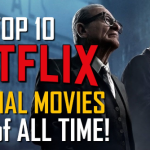







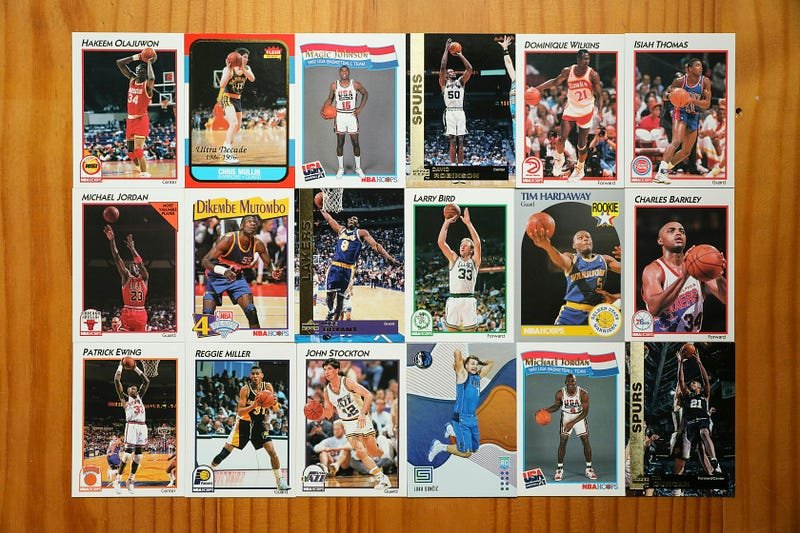

 The Impact of Social Media:
The Impact of Social Media: